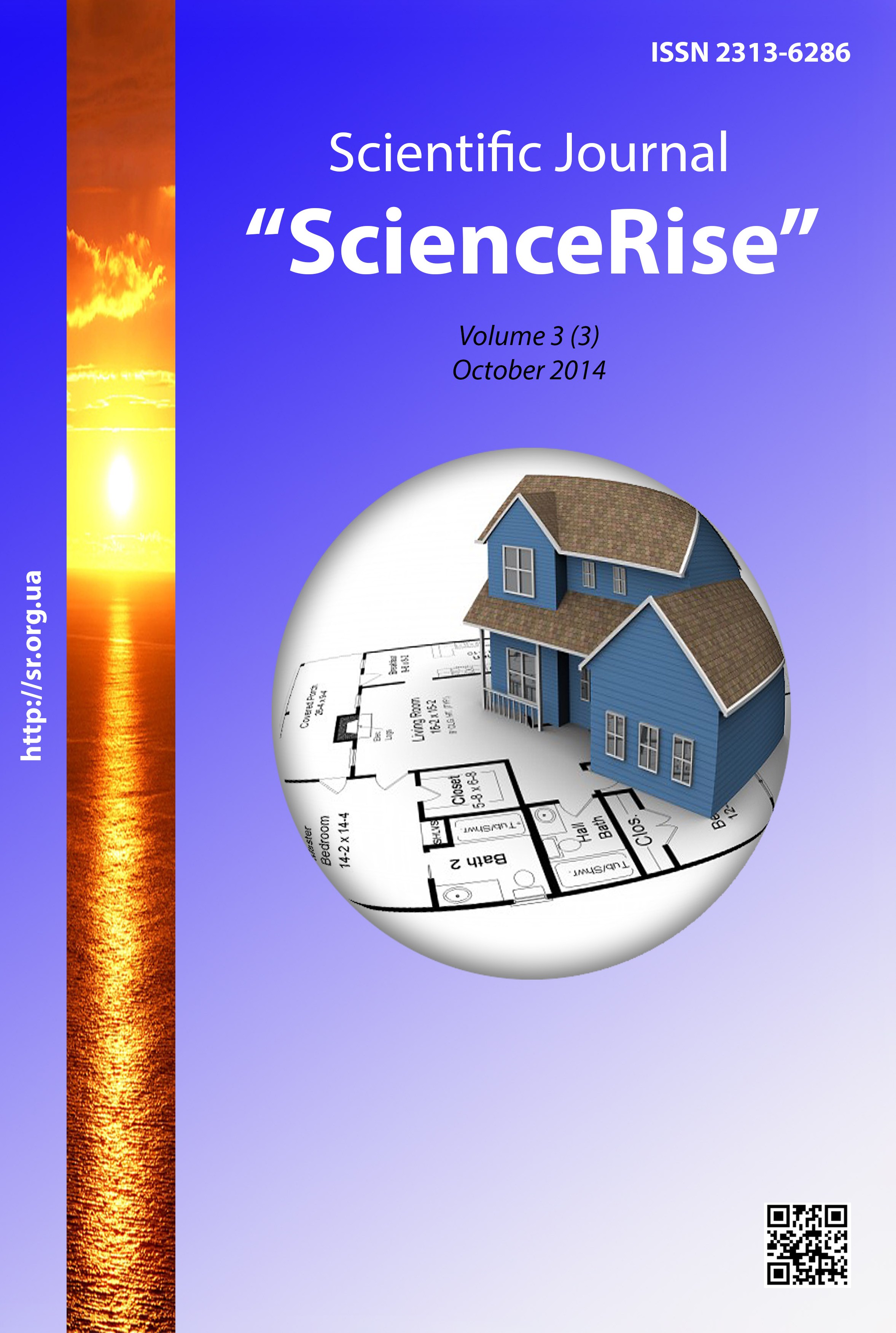Особливості виявлення та розслідування забруднення повітря правоохоронцями
DOI:
https://doi.org/10.15587/2313-8416.2014.28001Ключові слова:
повітряний басейн, джерела забруднення, дії правоохоронців, відбір проб, експертне дослідження, фіксація інформаціїАнотація
У статті надаються дані про забруднення повітря, їх джерела та дії, яких повинні дотримуватися працівники практичних підрозділів міліції, що розкривають та розслідують екологічні злочини із урахуванням того, що їхнє втручання дозволить виявити порушення, попередити наслідки та покарати винних.
Посилання
1. Dzhyhyrei, V. S. (2007). Ecology and Environmental Protection. Kiev: Znannia, 424.
2. Gavrish, S. B., Hruzkova, V. G., Dudnikov, A. L. (1994). Under the ed. Of V.E. Konovalova, G.A. Matusovskii Environmental Crimes: Qualification and Methods of Investigation /. - Kh.: Consulting legal and audit company “Hlobus”, 226.
3. Dorst, Sh. (2008). Before the Nature Dies / Sh. Dorst. Moscow: Progress, 415.
4. Bilobran, O. (2003). Management in Environmental and Natural Resources in Ukraine: Problems and Ways of Solution. All-Ukrainian Ecological NGO “MAMA-86”. Kiev: “MAMA-86”, 160.
5. Harkushenko, O. N. (2013). State and the Prospect of Implementing Ecological Taxes in Ukraine. Economy of Ukraine, 3, 37–47.
6. Komiakin, V. M. (2008). Ecology and Industry. Moscow: Progress, 439.##submission.downloads##
Опубліковано
Номер
Розділ
Ліцензія
Авторське право (c) 2014 Ірина Анатоліївна Петрова

Ця робота ліцензується відповідно до Creative Commons Attribution 4.0 International License.
Наше видання використовує положення про авторські права Creative Commons CC BY для журналів відкритого доступу.
Автори, які публікуються у цьому журналі, погоджуються з наступними умовами:
1. Автори залишають за собою право на авторство своєї роботи та передають журналу право першої публікації цієї роботи на умовах ліцензії Creative Commons CC BY, котра дозволяє іншим особам вільно розповсюджувати опубліковану роботу з обов'язковим посиланням на авторів оригінальної роботи та першу публікацію роботи у цьому журналі.
2. Автори мають право укладати самостійні додаткові угоди щодо неексклюзивного розповсюдження роботи у тому вигляді, в якому вона була опублікована цим журналом (наприклад, розміщувати роботу в електронному сховищі установи або публікувати у складі монографії), за умови збереження посилання на першу публікацію роботи у цьому журналі.

